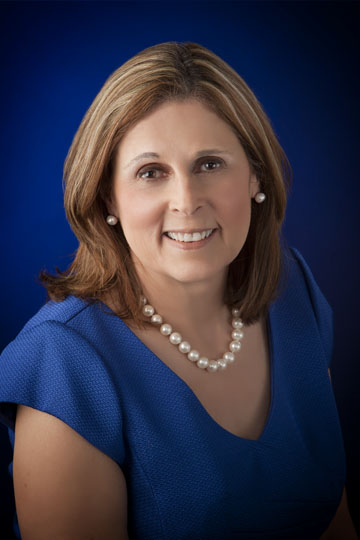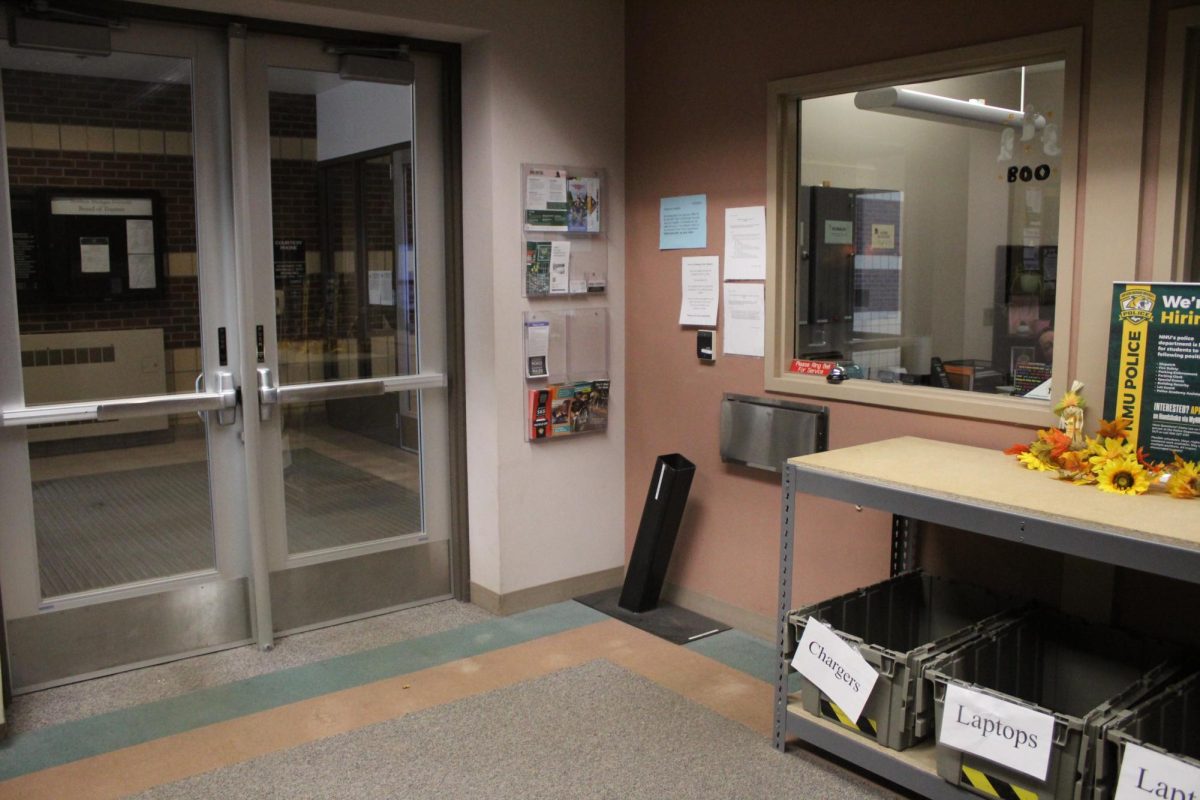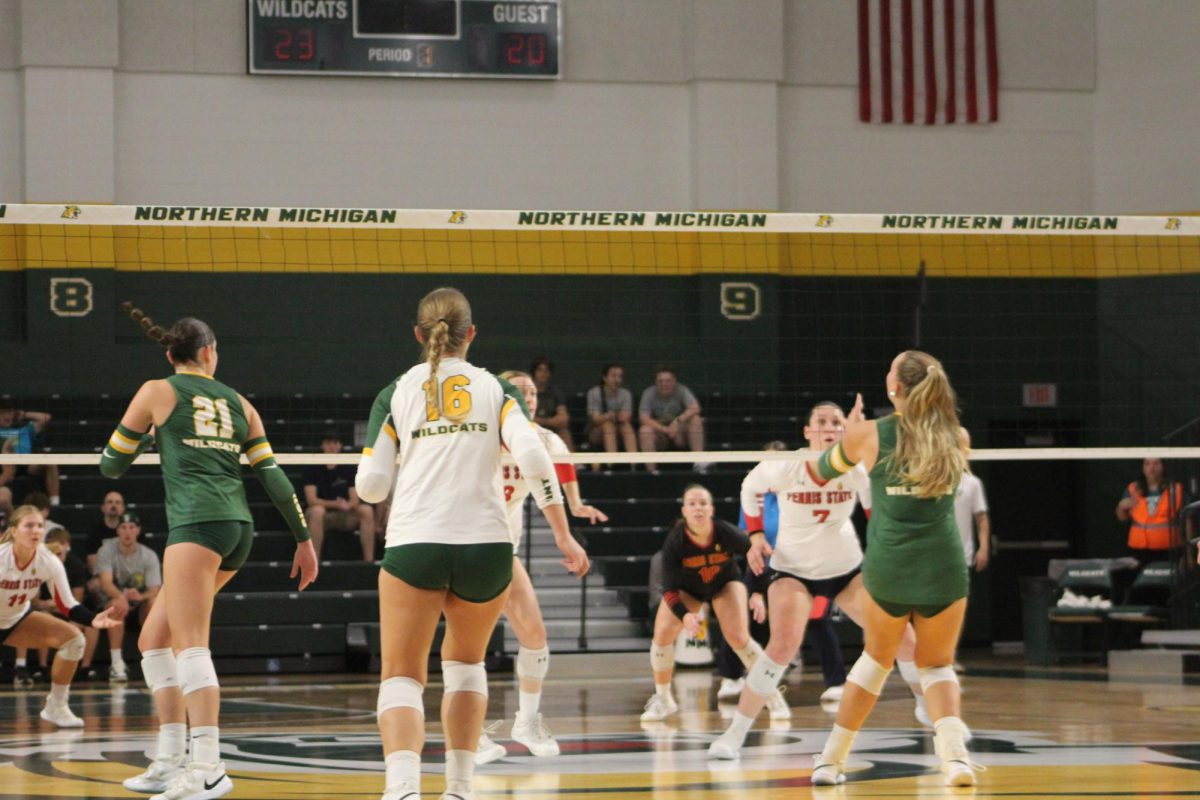For the last 18 years, David Buhl, a professor of mathematics education, has taken his students to an annual conference, but not this year.
 After requesting funds for the trip, Buhl was told the money was not available for his students to attend the conference in Duluth, Minnesota, and is currently looking for funds elsewhere.
After requesting funds for the trip, Buhl was told the money was not available for his students to attend the conference in Duluth, Minnesota, and is currently looking for funds elsewhere.
“I know times are tough, but it just seems that cutting money for students to become professionals is not a good choice,” he said.
Student travel to academic conferences is not part of the academic budget of the university. Rather, it is up to the discretion of the college deans and department heads. This year, there is likely to be less student travel. Budget cuts felt throughout campus have been a topic of conversation for faculty, and AAUP President Brent Graves expressed frustration at the Sept. 23 Board of Trustees meeting. Graves said during public comment that recent budget cuts were preventing faculty from doing their jobs properly.
He mentioned student travel and other projects outside of the classroom as being crucial to a university, and what separates it from a high school.
“We want to do more than just stand in front of a classroom. We want to engage the students outside the classroom and help them earn more than a diploma,” Graves said during an interview after the meeting. The college of arts and sciences, in which the math department exists, has a set of criteria required in order for a specific trip to be funded, Michael Broadway, dean of the college of arts and sciences wrote in an email.
The criteria and process for gaining student travel funds is unique to each college and is decided by college deans and department heads. But, according to Broadway within the college of arts and sciences, funding is determined based on three criteria: “There has to be support at the department level, students have to be presenting a paper and there have to be funds available.”
“Dr. Buhl requested funds for April 2017. At the time, he was told that the University was working on identifying sources to support student travel and that he should resubmit his request later,” Broadway wrote in an email.
In the past, summer tuition money has also been a source of funding. Academic Affairs distributed a portion of summer tuition money into each college, proportionally based on the size of the college and the number of summer classes taught. From there, deans distributed money into each department, with no specific amount set aside for student travel. Departments then decided to use the funds for equipment, faculty travel, student travel or whatever else they might need for their department, said Dale Kapla, associate provost.
Historically, there has never been a rule designating a portion of these funds for student travel. The decision of what to spend the money on is up to the college deans and department heads,
Kapla said. The process for students to apply for funds for school related travel is under review, said Kerri Schuiling, provost and vice president of academic affairs. Schuiling and Kapla are working to create a streamlined process, which involves all requests going to the leadership committee, which is chaired by President Fritz Erickson.
The amount of money available for non-budgeted items, such as student travel, varies from year to year. The amount of students who take summer classes affect the amount of summer money being put back in the colleges, Schuiling said.
“This year, because of the budget shortfall, summer monies may have to be used to be able to keep faculty on campus. Our first priority is educating students and having quality faculty to do that education,” Schuiling said.
Opportunities outside the classroom have also been supported, prior to last year, by profits from the NMU Bookstore, according to Derek Hall, assistant vice president of marketing and
communications.
During the 2015-16 school year, when there were no profits coming from the bookstore, student travel was also supported by a fund of $25,000 of one-time dollars, Hall said. This year, that fund no longer exists. The NMU Foundation exists as a source of funds for students wanting to travel for academic conferences.
The NMU Fund is comprised of donations providing critical funds for programs, technology and extracurricular activities not covered by the university general budget, according to the NMU Foundation website.
Right now, there is no specific fund for student travel. But one option for funding student travel suggested to the Strategic Planning and Budgeting Committee by Erickson was to use a portion of $300,000 previously identified for cuts to create a specific fund for student travel, Hall said.
“President Erickson is supportive of this being a use of those funds,” Hall said.






















